How Much Does a Boat Trailer Weigh?
The average fishing boat trailer weight will probably be around 600 lbs. There can be a fairly large potential range for these trailers however, running from just a couple of hundred pounds at the low end to well over 1,000 pounds at the higher end of the scale. And that’s for an unloaded trailer. Once a boat has been loaded on a boat trailer could easily exceed 10,000 pounds. This will all depend on the size of both the trailer and the boat being loaded onto it, of course.
Average Boat Trailer Weights
It’d be all but impossible to list every potential boat trailer weight here because there are so many models and sizes and they’ve been around for years. But we can at least narrow down the field a bit to give you an idea of what kind of trailer pairs with what kind of boat and how much they all weigh.
Small Boats
This can be anything from a personal watercraft to a kayak to a smaller jon boat. Basically any boat that has an average weight under 1,000 pounds is going to qualify as a smaller vessel. These boats are towed on small, single axle trailers that likely weigh between 200 and 400 pounds max. Anything larger is a bit of overkill. Kayak trailers can often carry several boats.
Medium Small Boats
A medium small vessel would be something like a bass boat, a larger jon boat and other smaller fishing vessels. They’ll weigh between 1,000 lbs and up to 2,000 pounds in total. These can still be towed with a single axle trailer but it’ll be a bit larger than the kind meant for the smaller boats. Expect a weight between 300 lbs and 500 lbs.
Medium Boats
A saltwater fishing boat could fit into this category, as well as a pontoon boat or a ski boat. You’re looking at 2,000 to 3,000 lbs here. This would be the largest size boat that a large single axle trailer could handle, typically one that weighs about 500 to 600 lbs.
Medium Large Boats
Taking things up a notch to boats that weigh as much as 4,000 to 6,000 pounds. That could be a center console boat, a smaller cabin cruiser, a bay boat and so on. These boats require a double or tandem axle trailer, one that weighs around 800 to as much as 1,600 lbs.
Large Boats
The largest boats that you’re apt to tow with your own tow vehicle are things like cabin cruisers, sailboats and some larger fishing and speed boats. These weigh as much as 7,000 to 9,000 lbs. You need a triple axle trailer to safely haul these, one that can weigh 1,300 to 1,600 pounds. This is about as big as a boat trailer is going to get, at least in terms of ones that you could safely tow with a heavy duty truck or SUV.
Remember, these are all dry weights so if you have gear and fuel on board you’ll need to adjust for that as well. It’s much too hard to do averages for things like that because we obviously have no way of knowing how much fuel you might have on board and because boat motors can range so much in size from one to another. Just remember to do the math to add in that weight when figuring the total weight for your trailer.
Determining Boat Weight for your Trailer Weight
Boat weight can be listed in three different ways when you’re trying to determine if your trailer has the capacity to carry it. Boats will be listed with both a dry weight and a wet weight. Dry weight is the boat as is. Wet weight is the boat with a motor and fuel added, which can add a considerable amount. All of that together with your trailer included is now the package weight of the entire boat and trailer together.
If you’re adding a fueled boat to a trailer, remember to add about 6 lbs per gallon of fuel on board to the total weight. Gear, electronics, coolers and so on are all added weight not included in the proper weight of the boat as well, so make sure you’re adding that in to determine the total weight of your trailer when towing your boat.
Weight by Axle
You will likely be using a single, double or triple axle trailer to tow your boat.
- Single axle trailers weigh under 600 lbs but can carry about 3,300 lbs for a maximum weight that you’ll be towing of about 4,900 lbs
- Tandem axle trailers weigh from 600 lbs up to 1000 lbs and have the ability to handle boats that weigh between 3,300 lbs to as much as 8,000 lbs. That means, on the low end, a double axle trailer could weigh as little as 3,900 lbs to as much as 9,000 lbs.
- Triple axle trailers weigh anywhere from 1,000 lbs to 1,600 lbs. They are designed to haul boats that weigh 8,000 to 10,000 pounds. That means the package weight of a boat and triple axle trailer could be anywhere from 9,000 lbs to 11,600 lbs.
There are larger trailers out there, obviously. There are boats that weigh many thousands of pounds more than what we have listed, and trailers that weigh more. However, larger trailers require larger rigs and permits for towing. Remember, in your personal truck you need to have the weight capacity to tow a larger vehicle and that is determined by a number of factors. It’s not just have the engine torque for it. Your hitch or ball mount need to be up to the task as well. Your vehicle owner’s manual should be able to detail exactly what it can safely tow.
If you know your gross vehicle weight rating, you can determine how heavy a trailer you can tow.
What is a Gross Vehicle Weight Rating?
Every trailer and tow vehicle has a gross vehicle weight rating or GVWR. The gross vehicle weight rating is the maximum weight the loaded trailer is rated to carry. Always err on the side of caution when figuring this out and add 15% to whatever you think the gross trailer weight is. Meaning if you think your boat weighs 1000 lbs, calculate it at 1150 lbs just to be safe.
Your tow vehicle’s GVWR is the maximum weight of your vehicle loaded down. To figure out what you can tow behind your vehicle you need your GCWR or gross combined weight rating. That’s the weight of the boat, the trailer, the truck and all your gear. Look inside your driver’s side door and there should be a sticker on the frame that lays out the GCWR. You need to subtract your vehicle’s GVW from the GCWR. The number you’re left with is how much your trailer and what you haul with it can weigh. If your boat trailer’s weight is greater than that number, it is not safe to try to tow it.
Laws About Boat Trailers
Now it’s one thing to have the ability to tow a boat trailer, it’s another to be legally able to do it. Always check to make sure if you’re towing something on the larger end of the scale. Smaller boats should be no issue at all but many states have rules when it comes to boat trailers if the load is too wide or too high. Sometimes we forget when focusing on boat weight that there may be other concerns. You may need a permit if your boat trailer is over 8.5’ wide. This may apply if the boat is over 13.5’ high as well.
How Do You Figure Out Trailer Weight?
It’s all fine and good to say a boat trailer may weigh between 200 lbs and 1,000 pounds but, in practical terms, that’s very useless information to you. If you didn’t learn the weight of your trailer when you bought it, you may need to get an exact figure to safely tow your boat. The last thing you want to do is overtax your tow vehicle and potentially end up with some seriously expensive engine repairs.
The easiest way to figure out weights for trailers is to just go weigh them. You can take your trailer to a CAT scale or a weigh station and get a precise weight so you know what you’re working with. This should only cost a few dollars and there’s even a CAT scale app you can use to track down the nearest scale if you’re not sure where to go.
The Bottom Line
There are a lot of variables that go into determining what boat trailers weigh. You need to decide if you mean an empty or loaded boat trailer as well. In general, the longer the boat, the longer the trailer, the greater number of axles and the heavier everything gets. The smallest of boat trailers may weigh just a couple of hundred pounds on their own while the largest, when fully loaded, can weigh well over 5 tons. If you’re unsure about your towing capacity, always err on the side of caution. Add 15% to the weight when you’re estimating, and calculate your vehicle’s towing capacity to ensure the trailer doesn’t weigh too much. For the most exact weight, take your trailer to a weigh station or CAT scale.
Categories: Boats
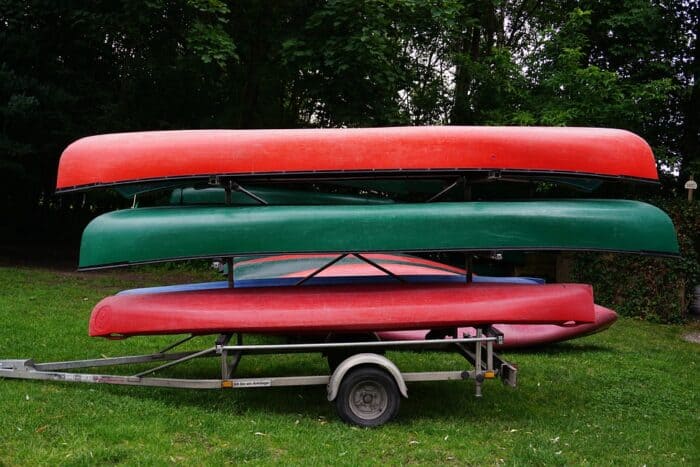
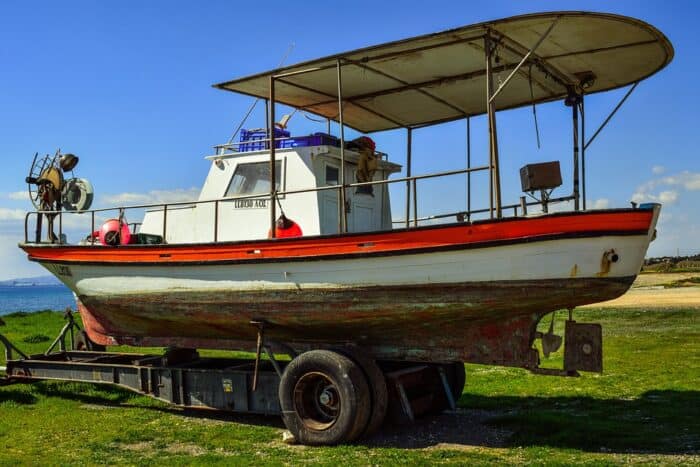
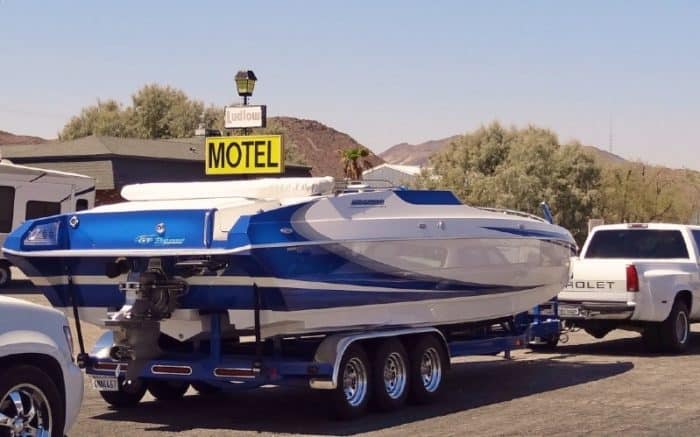
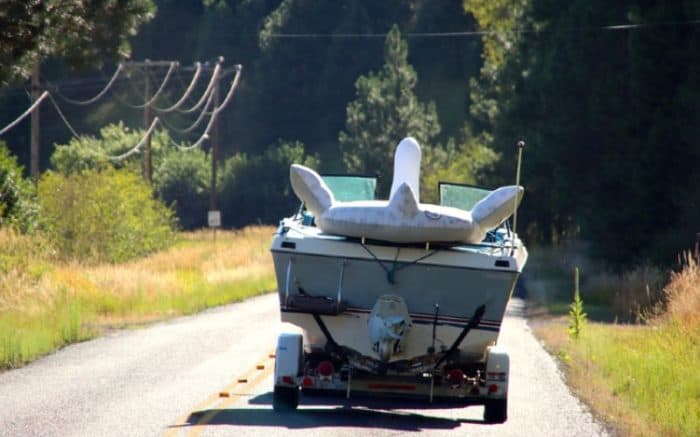
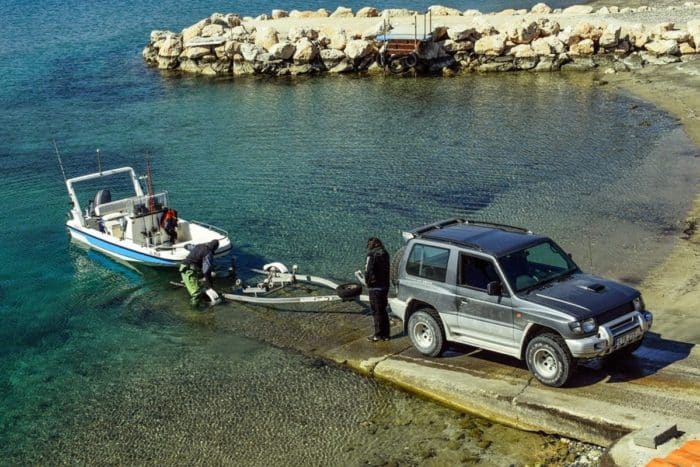
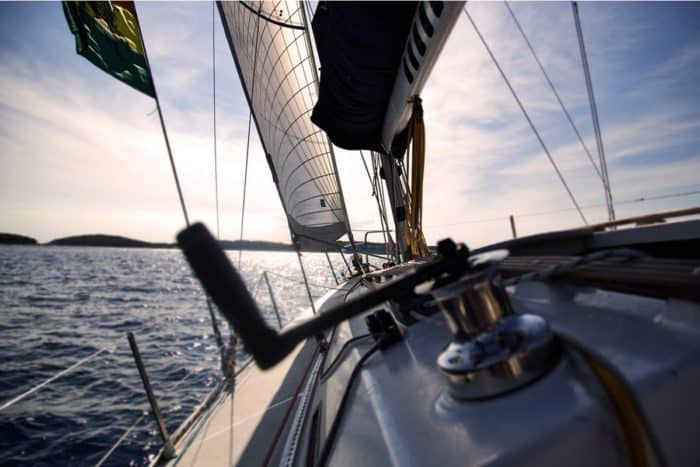

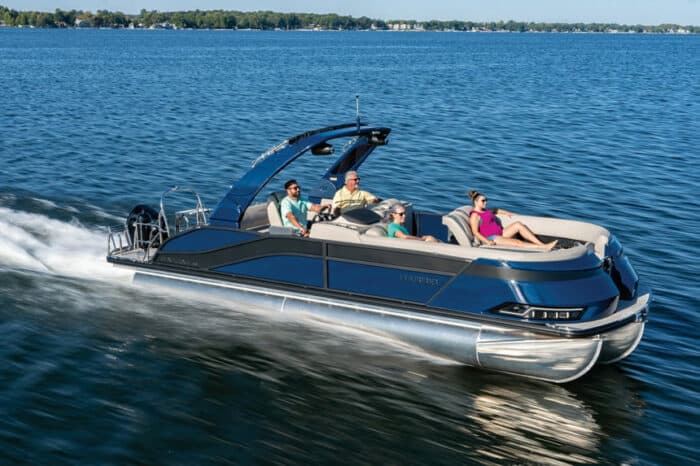
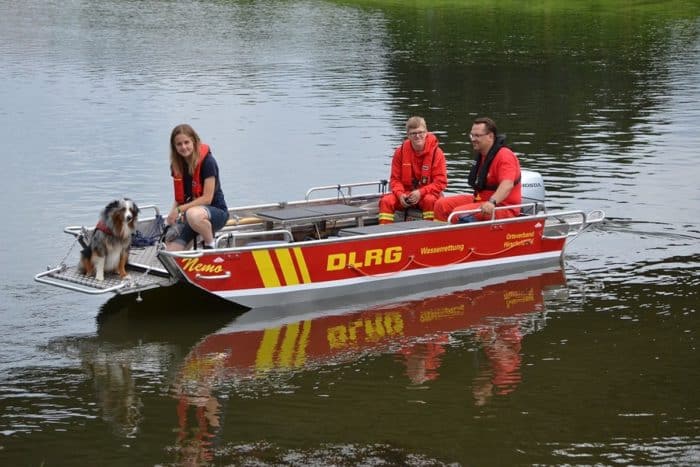





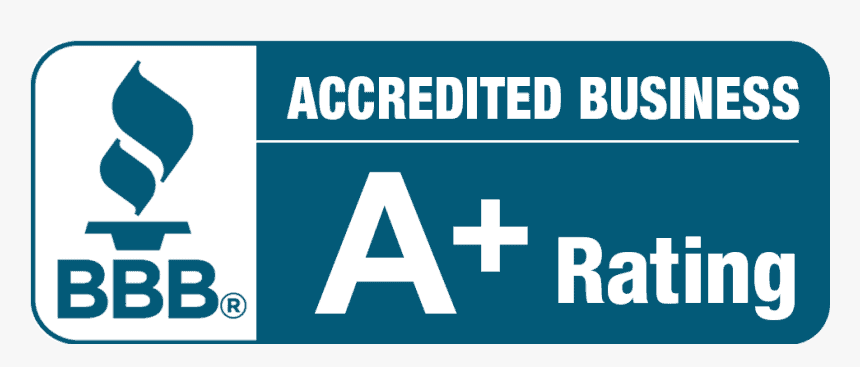


1 Comment
Jack Ducan on February 12, 2023
It’s good to know what my boat trailer weighs, it allows me to manage the trailer weight and guarantee safety while traveling with your craft.